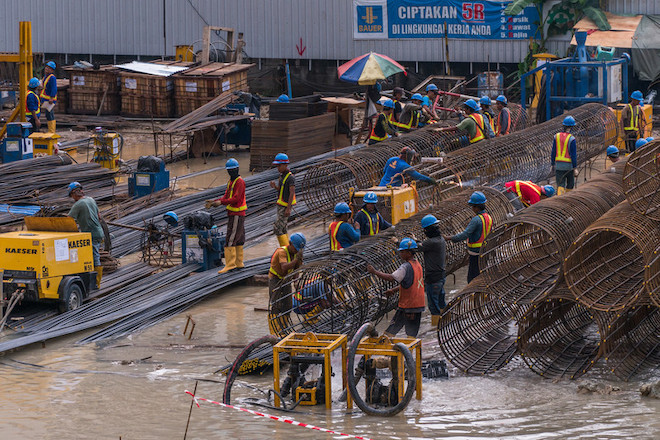
The ASEAN Policy Network is an initiative of ADB's Southeast Asia Department (SERD). The network consists of economists from SERD as well as staff from other ADB knowledge departments.
Members work together to produce knowledge products to help governments in the region come up with policies to support economic growth and address pressing development challenges.
The network also hosts and co-hosts webinars.
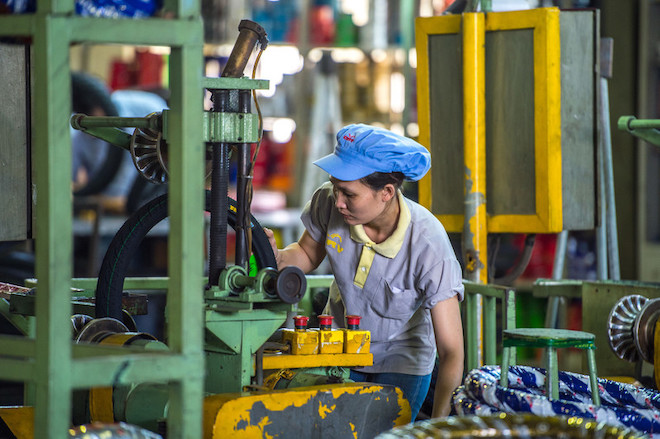
LEAP features topics to strengthen the economic and policy analysis skills of SERD staff in preparing research and project documents. It aims to encourage participants to discuss the latest developments in the region and share country experiences and perspectives.

SPOT features conversations on new ideas and development beyond office walls. It aims to inspire people to explore issues outside their normal area of work. It encourages active interaction and debate among the participants with their varied perspectives and approaches.
Publications
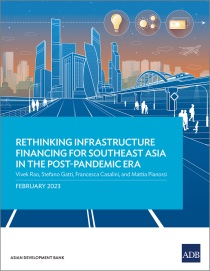
This report analyzes how the pandemic has impacted investment in infrastructure in Southeast Asia and assesses how infrastructure development can help drive economic recovery and support sustainable growth.
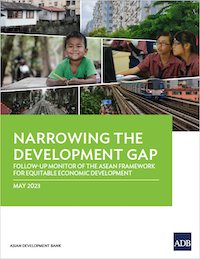
This report uses a broad range of indicators to assess the individual and collective development progress made by ASEAN.
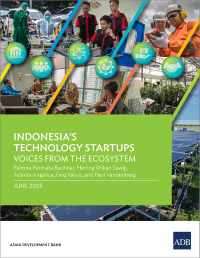
This report analyzes the prospects for tech startups in agriculture, the green economy, health, and education.
News
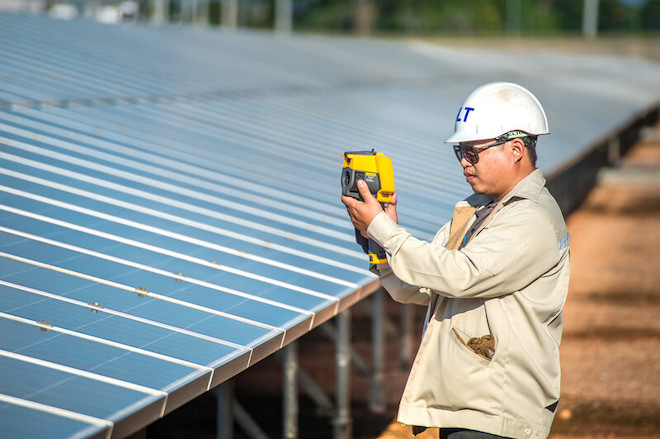
To unlock these opportunities, however, the region needs joint action from multiple stakeholders to provide regulations, standards, manufacturing sector reforms, and other initiatives.
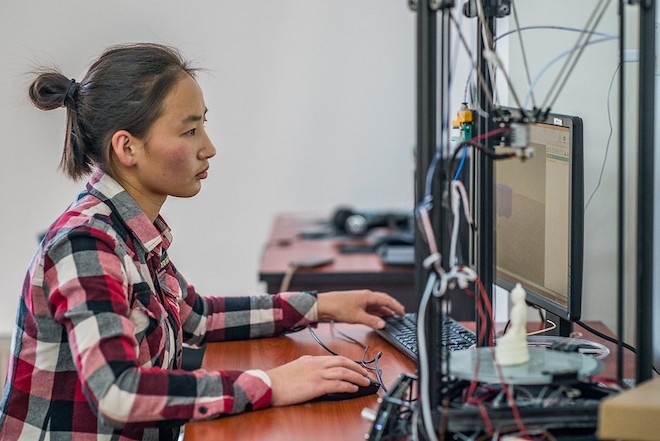
Making the labor force more diverse, inclusive, and capable of taking on green jobs is crucial for Southeast Asian nations to reach their net-zero goals by 2050.
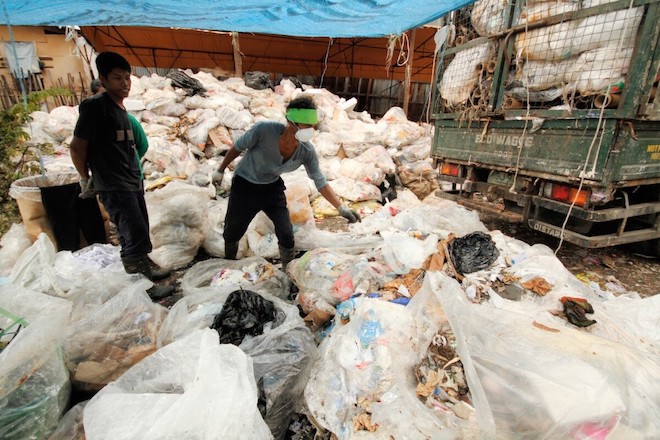
Adopting sustainable consumption and production practices will have multiple economic and social benefits, such as creating green jobs and reducing pollution.
Greening ASEAN and Global Value Chains
Southeast Asia has become one of the most important regional hubs for global value chains (GVCs)—the cross-border networks that separate production stages from concept to consumption. By participating in GVCs, most Southeast Asia economies have grown strongly and reduced poverty. GVCs have created a strong manufacturing and export base, more and better-quality jobs, and spread knowledge, innovation and technology. However, their social and environmental impact can also lead to inequality and increased greenhouse gas emissions.
A new report from the Asian Development Bank examines recent developments affecting GVC participation—particularly in ASEAN—and explores how the region could respond to challenges and opportunities facing GVCs to make them more resilient and sustainable.
Publication: ASEAN and Global Value Chains: Locking in Resilience and Sustainability
News Release: ASEAN Must Act to Strengthen Position in Global Value Chains
Contacts

Alfredo Perdiguero
Director
Regional Cooperation and Operations Coordination Division

James P. Villafuerte
Senior Economist

Dulce Zara
Senior Regional Cooperation Officer
Southeast Asia Department

Priasto Aji
Senior Economics Officer
Indonesia

Emma Allen
Senior Country Economist
Lao PDR

Chitchanok Annonjarn
Associate Economics Officer
Thailand
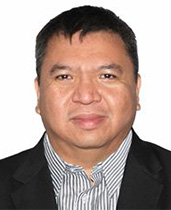
Eduardo Banzon
Principal Health Specialist

Yurendra Basnett
Senior Public Management Specialist

Minh Thi Hong Chu
Senior Financial Sector Officer
Viet Nam

Aekapol Chongvilaivan
Senior Economist
Public Finance

Poullang Doung
Senior Economics Officer
Cambodia

Anna Fink
Country Economist
Indonesia

Kavita Iyengar
Country Economist
Timor-Leste

Sameer Khatiwada
Social Sector Specialist (ICT)
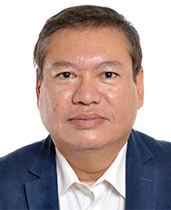
Gary Krishnan
Senior Country Specialist

Soulinthone Leuangkhamsing
Senior Economics Officer
Lao PDR

Phantouleth Louangraj
Senior Economics Officer
Lao PDR

Cristina Lozano
Principal Country Specialist
Philippines

Eve Cherry Lynn
Economics Officer
Myanmar

Henry Ma
Senior Country Economist
Indonesia
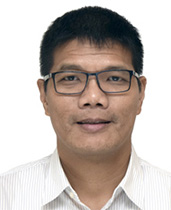
Joel Mangahas
Principal Country Specialist
Myanmar

Teresa Mendoza
Senior Economics Officer
Philippines

Duong Nguyen
Country Economist
Cambodia
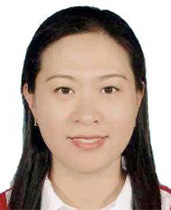
Thuc Phuong Luu Nguyen
Economic Analyst
Viet Nam

Jay Roop
Deputy Country Director
Thailand

Omer Zafar
Principal Natural Resources and Agriculture Specialist

